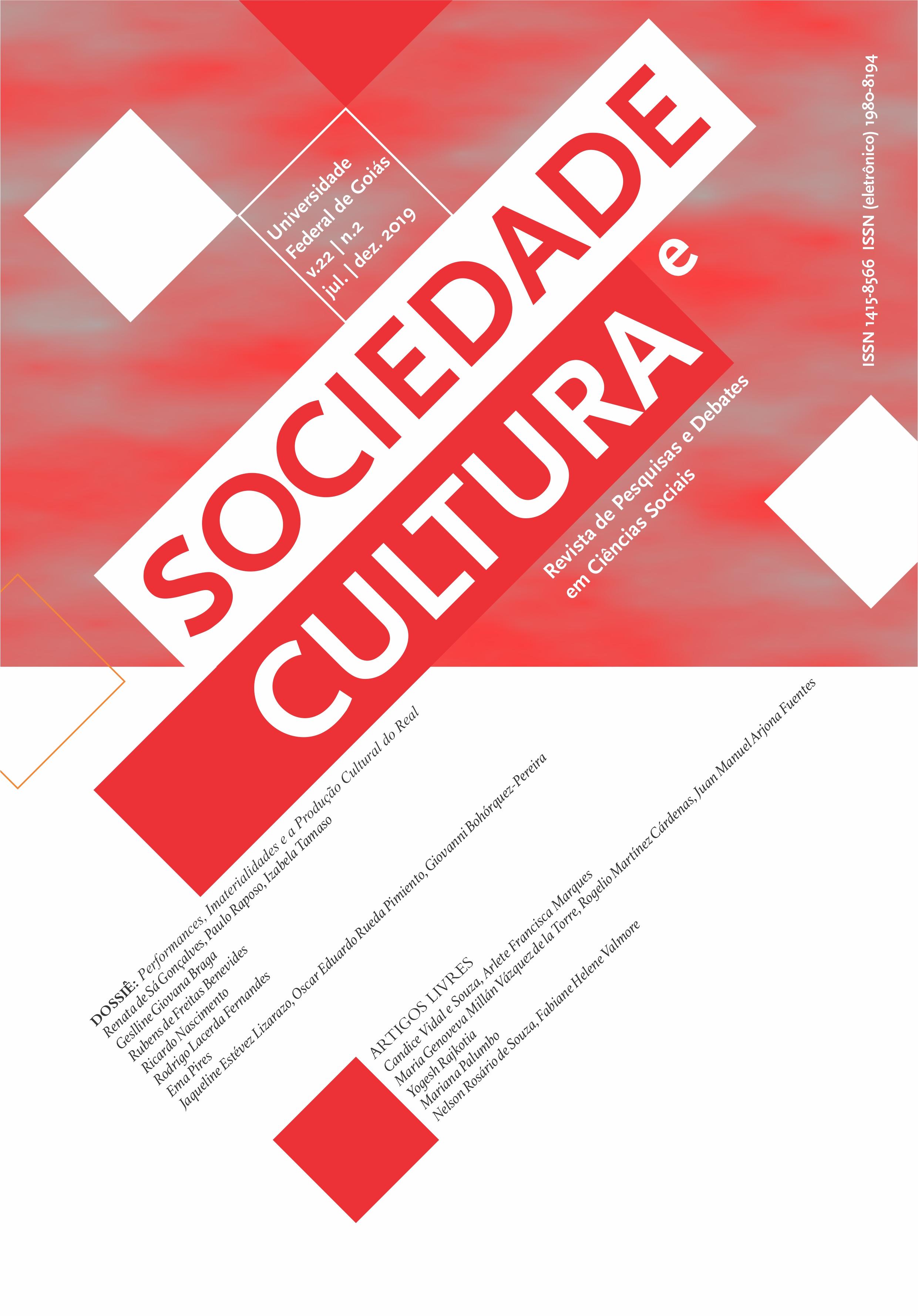"To each their own": the Black Social Clubs and the immateriality of the place in the cultural production of the real
DOI:
https://doi.org/10.5216/sec.v22i2.58394Abstract
The Black Social Clubs are associations that have emerged in post-abolition in Brazil,
proliferating especially in the Southern Region of Brazil. In 2009, the request for registration
of the Black Social Clubs as Intangible Cultural Heritage of Brazil, for Iphan, in the "Place"
category was made. In the state of Paraná six clubs were mapped, the permanence of such clubs
proposes readings on the slavery and post-abolition, segregation, racism and invisibility of the
black people. The resistance of the clubs and their present configurations defy the notion of
"place" as a category of intangible heritage, expand and dissolve it, produce the real through
memory, meaning and affect. Memories have place, maps and images present in the orality. The
dematerialized place, which no longer exists, or is no longer what it was, exists for the one
who encouraged it. Demonstrating how when the place disappears the photographs occupy
their symbolic functions, representation and production of the real. The existence of the clubs
proposes another production of the real, challenges the social construction of local history, in
which black people were made invisible and subjected to "racial whitening".
Downloads
Downloads
Published
How to Cite
Issue
Section
License
Authors who publish in this journal agree to the following terms:
- Authors retain the copyright and grant the journal the right of first publication, the work being simultaneously licensed under the Creative Commons Attribution License, which allows the sharing of the work with acknowledgment of authorship and of the initial publication in this journal;
- Authors are authorized to enter into additional contracts separately, for non-exclusive distribution of the version of the work published in this journal (eg, publishing in an institutional repository or as a book chapter), with acknowledgment of authorship and of the initial publication in this journal;
- Authors are allowed and encouraged to post and distribute their work online (eg, in institutional repositories or on their personal page) at any point before or during the editorial process, as this can bring productive change as well as increases the impact and the citation of the published work (see O Efeito do Acesso Livre).



